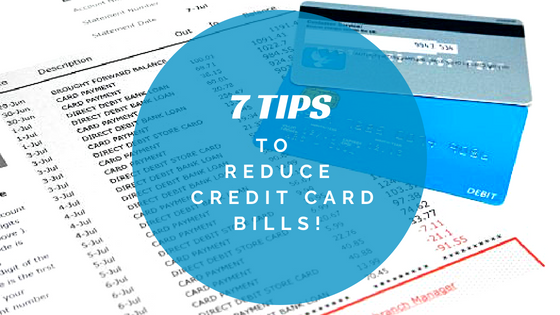Downsizing from a home that fits one’s whole family and frequent guests to a home for retirement can seem daunting. However, when you wisely consider what increases home value in the eyes of buyers and make your move at an opportune time, downsizing can be part of your overall financial well-being in retirement, while also freeing you from the maintenance and cleaning of a larger home. Here are some things to consider as you prepare to downsize your home for retirement so that you can make the transition smooth and fruitful.
Is Your Home Divisible? Consider A Renter Or ADU
Often, looking at your current home with fresh eyes can be the first step to downsizing. If your home is structured so that a renter could have a separate entrance or at least some privacy, you might consider sectioning off your home and living in one portion of it. This allows you to skip the hassle of selling the house but still reap some of the benefits of lower housing costs.
If you have a full accessory dwelling unit or ADU, your options are wider still, with many areas allowing short-term rentals that are in the same property that you live in. Having roommates may feel unusual after having a single-family residence, but it can be quite nice to have someone around to chat with.
Talk With A Real Estate Agent About What Tradeoffs Exist If You Move To A Condo Or Smaller Home
Whether downsizing is prudent really has everything to do with what you want to do next: if you’re willing to rent after selling your house, for instance, you have more flexibility than if you want to immediately buy a new property. Talking to a real estate agent can help you put numbers with your goals: some condos in high-value areas like the beach are actually more expensive than large single-family homes in rural areas, so it’s wise to know what your prospects are. If the market is particularly favourable for buying or selling, you and your agent can talk through the options for buying, selling, or both on a particular timeline.
Determine What Will Need To Go In Order To c
After you decide to proceed with selling one home and buying another, start figuring out what you can live without and donating, selling, or discarding it. No one wants to move all their belongings from 3000 square feet to 1000 square feet and feel incredibly cramped as a result. Focus on finding the items you genuinely use frequently and which bring you joy, and find new homes for everything else.
Choose An Auspicious Market If You Have The Flexibility To Wait A While
If you don’t absolutely need to downsize now, remember that you can wait out some of the worse markets! You can even combine all of our suggested strategies: get a renter while you wait for the right market to sell and for the right property to buy, and in the meantime sell or donate the items that won’t be accompanying you to your new home!
Read Also:























